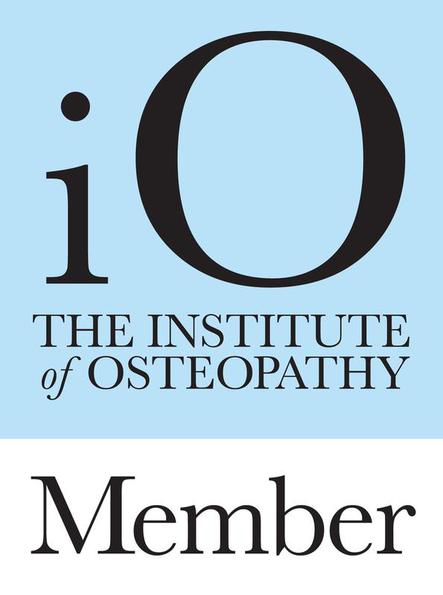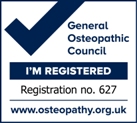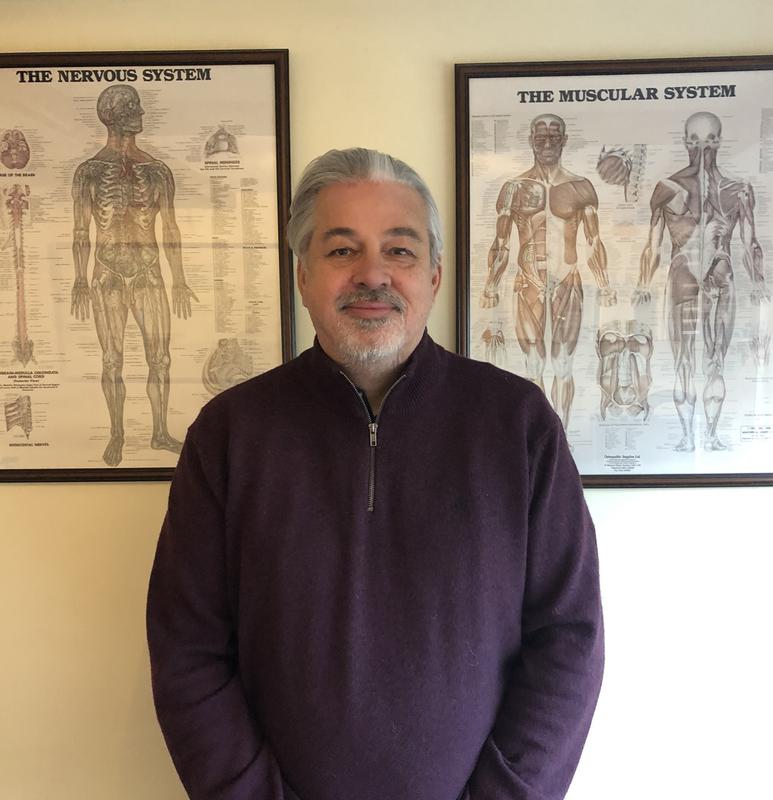Rohan Osteopathy Posts
Non-specific low back pain
by rohan iswariah on 03/09/24
Ebook: "An Osteopath`s Guide to Nutrition"
by rohan iswariah on 01/13/22
Persistent Pain
by rohan iswariah on 10/30/19
We all feel pain from time to time. When someone injures themselves, specific nerves recognise this as pain, which in turn triggers the body’s repair mechanism. As the problem resolves, the pain tends to improve and usually disappears within 3-6 months. This type of pain could be argued to be beneficial: if it hurts, you are likely to try and avoid doing whatever it is that has caused the pain in the future, so you are less likely to injure yourself in that way again.
Occasionally the pain continues even after tissue healing has finished. When pain continues after this point, it becomes known as persistent (or is sometimes referred to as chronic) pain. This type of pain is not beneficial and is a result of the nerves becoming over-sensitised, which means that a painful response will be triggered much more easily than normal. This can be unpleasant, but doesn’t necessarily mean that you are doing yourself any harm simply by moving. You could think of this as a sensitive car alarm that goes off in error when someone walks past.
Persistent pain is very common and effects over 14 million people in the UK alone. It often does not respond to conventional medical interventions and needs a different kind of approach, but there are many things that you can do to manage your pain yourself with the support of your osteopath, your family and loved-ones. Keeping active, performing exercises and stretches can help, learning to pace your activities so that you don’t trigger a flare-up of your pain as well as setting goals and priorities are all very important and can help you to maintain a fulfilling lifestyle.
For more information on how to manage your persistent pain, speak to your osteopath or visit http://www.paintoolkit.org/
Shoulder Pain And Some Causes
by rohan iswariah on 10/28/19
Shoulder Pain and Some Causes
Shoulder pain can arise from a number of conditions:
·
Rotator cuff problems – This is an injury or strain to the muscles of
the shoulder girdle, particularly the intrinsic rotators. Pain can be felt in
the shoulder or the upper arm.
·
Biceps tendonitis, which affects one of the tendons of the biceps muscle
and is experienced at the front of the shoulder mainly (anterior aspect)
·
Frozen Shoulder or Adhesive Capsulitis – This is where the shoulder
capsule becomes inflamed and gradually stiffens and is often very painful.
Range of movement becomes reduced which can limit daily activities.
·
Acromioclavicular joint pain – This is pain in the joint where the
collarbone and shoulder blade join at the tip of your shoulder
·
Osteoarthritis – Gradual wear and tear of the cartilage and shoulder
joint. You may feel swelling, stiffness and aching pain which can be sharp on
movement.
·
Referred shoulder pain – Pain in the shoulder can be referred and coming
from a problem in the neck or upper back.
·
Shoulder instability – Dislocation or excessive movement at the shoulder
joint leading to pain.
Treatment of shoulder pain
As an experienced osteopath, I am trained to try and help you understand
what is causing your shoulder pain. Once you have been examined, I will
determine whether osteopathic treatment could help you. Scans or other tests
may be required to make a diagnosis and I may refer you to your GP for further
treatment or investigation.
Treatment varies to suit your individual case; you may receive massage, shoulder articulation or/and manipulation of the neck and thoracic spine with rehabilitative exercises.
If you have any questions about your
shoulder pain and want to ask any questions, feel free to get in touch on
01491-838866.
Speak to Rohan or Jane and feel free
to ask any questions before consultation.
Recent You Gov Public Perception Survey Results
by rohan iswariah on 12/18/18"powerful evidence of patient satisfaction...that typifies osteopathic care"





